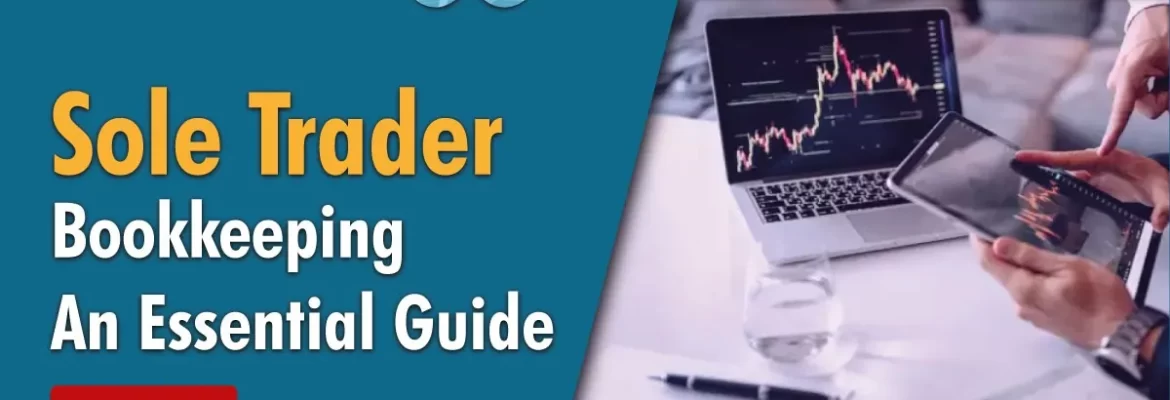There are plenty of factors to take into account if you want to become a successful buy-to-let landlord, but one that often gets overlooked is tax efficiency. Putting a few tax saving strategies for landlords in place may not be quite as glamorous as hunting down the perfect property, but when it comes to saving […]




